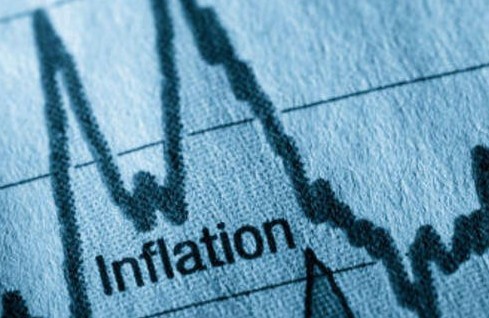Shteryo Nozharov, economic advisor at BIA and lecturer at UNWE, "The world is business", September 16, 2021
"For now, inflation in Bulgaria is "under control", but it is necessary to take limited anti-inflationary measures to control the process and the country to meet the requirements for entry into the Eurozone in 2024", according to Dr Shteryo Nozharov, economic adviser in BIA and a lecturer at the University of National and World Economy.
To a large extent, one can trust the data of the National Statistical Institute that the level of headline inflation in Bulgaria is currently 3.7%, and these levels are close to the forecast of the Bulgarian National Bank for July. However, it is entirely normal to experience inflation higher than it actually is at the beginning for inflation because it first affects the goods that end-users need every day, Nozharov commented.
"The healthy and controlled inflation rate, up to which we shouldn't take unmeasured and feel concerned, is up to 5%," Nozharov marked, who said inflation was "under control" for now.
Inflation has two positive effects. Firstly, it is shrinking government debt, and secondly that it will reduce some of the pressure on the budget after raising pensions, which expectedly should be between 1.5 and 2 billion levs. This "pressure" can also be reduced by increasing the deficit from 1.4% to 2%, possibly the retirement age for some professions and raising the maximum insurance threshold. Of course, it is also possible to raise taxes, but this measure would reduce inflation. Raising the maximum insurance threshold would also be helpful but would increase the fiscal burden on taxpayers.
The economic growth forecast by the Bulgarian National Bank for next year of 4.6% and a possible increase in the minimum wage will increase the inflation rate, which requires politicians to take action.
One of the effective measures against inflation is to increase employment. However, due to the large migration in Bulgaria, it is not applicable, so Nozharov sees the increase in supply and investment in the production of fast-moving goods as a solution that can reduce the inflationary effect in the future.
The problem with the high natural gas prices will be solved after connecting the Bulgarian stock exchange with the Romanian one at the end of the year. In the first days of the next, OPEC should increase oil production, which will reduce the deficit, and the price will fall to 65 dollars per barrel, Nozharov predicts.









